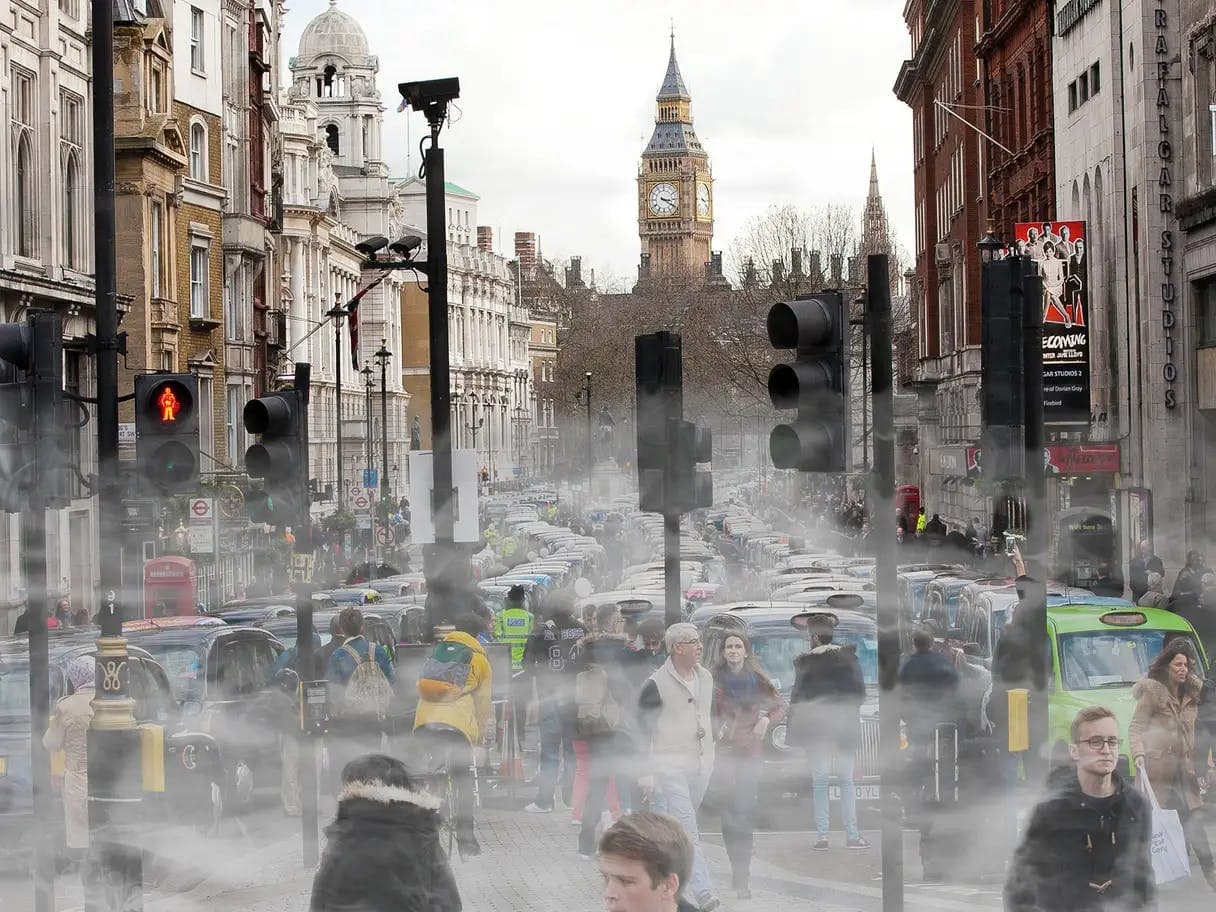
Today is World Environment Day, which is the United Nations' (UN) dedicated day to promote worldwide awareness of the environment and to encourage people to take care of our planet. Each Environment Day is focused on a different relevant environmental issue, and this year's theme is air pollution. Air pollution can be defined as a combination of particles and gases which become highly concentrated and noxious. It has five primary causes: agriculture, household, industry, transport and waste. Air pollution can cause an array of issues, including rising temperatures globally and an increased risk of human health problems.
You might be thinking that the air around you is clean, and that you will not experience any health problems as a result of air pollution. However, this is not necessarily the case as you cannot work out what your air quality is like simply by breathing it. Air pollution is everywhere- in our households, in our cities and even in the countryside. In our streets and in our homes, air pollution can be fatal. In fact, poor air quality is considered to be the largest risk to public health in the United Kingdom (UK), and the Environmental Audit Committee have estimated that health costs as a result of air pollution lie somewhere between £8.5 billion and £20.2 billion a year. Our National Health Service (NHS) is strained enough as it is without it having to cope with another colossal health crisis.
If this is not enough to convince you that this is an important issue, you might want to consider the fact that air pollution has an extremely severe effect on children. WHO report that 93% of all children breathe air that contains higher concentrations of pollutants than what WHO consider to be a safe amount. The result of this is that 600,000 children die prematurely each year as a result of air pollution. Contaminated air also leads to brain problems, namely reduced cognitive and motor functioning, and an increased risk of chronic diseases later in life.
Air is essential to living, so we cannot afford to treat this as a small issue. We need to be investing in smart solutions as soon as possible to help us to tackle the problem. It all starts with air monitoring. In the UK, the Automatic Urban and Rural Network (AURN) of monitoring sites have been installed. These are responsible for compliance reporting on air quality. However, while these stations have been a step in the right direction, they are still costly to install and run. Therefore, a better solution for the future could be to use smartphones and other tech to monitor air pollution. One example of a company which has created a product to monitor air quality is Caterpillar, which is usually known for manufacturing construction machinery. They created the CAT S61 smartphone, which is the first smartphone to be able to detect toxic chemicals in the air.
Another option is to buy air quality monitors which are able to connect to smartphones. These monitors assess the air quality constantly, and if the monitor detects that pollution levels have exceeded the WHO threshold, it will send a warning to the phone user. With an app, the user can set preferences (for instance, room temperature) and receive notifications. The more sophisticated sensors are able to detect an array of harmful substances or gases, including carbon dioxide (CO2), PM2.5 (fine dust pollutants such as diesel car exhaust), volatile organic compounds (VOCs), nitrogen dioxide and carbon monoxide.
Ultimately the air pollution problem that we are facing is a huge crisis, so at times it may seem unsolvable. However, there are tech companies that are coming up with new ways to approach the issue by creating devices that are able to identify sources of air pollution, which is the first step towards eradicating it. You might want to consider buying an air quality monitor to connect with your smartphone (or other tech) if you are concerned about the quality of the air in your household.
If you want to take matters into your own hands to actively reduce air pollution, you can follow the UN's guidelines for individuals that want to make a change, which includes planting trees, picking up litter, commuting without polluting and using recyclable or biodegradable materials.
Cover photo by Evening Standard

Unfortunately, the digital age has made cheating harder to spot, but it doesn’t make it any less real. Over the past decade, the concept of what constitutes “cheating” has expanded to include a variety of behaviours that might not have been considered cheating a generation ago.

The Galaxy S25 marks the latest addition to Samsung’s flagship portfolio. In the lead-up to the launch of the S25, we analysed on-site trade-in prices of the past four generations of Galaxy S series (S21, S22, S23, and S24) to gain insights into how well these models retained their value during their first year on the market and what the first 12 months for the S25 might look like.

As each year progresses, it seems as though AI and GenAI is being woven into our society creating more and more innovative tech advancements. From generated text, images, videos and even technology that works to detect cancer, you can expect AI to be able to create all types of content and task completion which is only to be improved on in 2025.